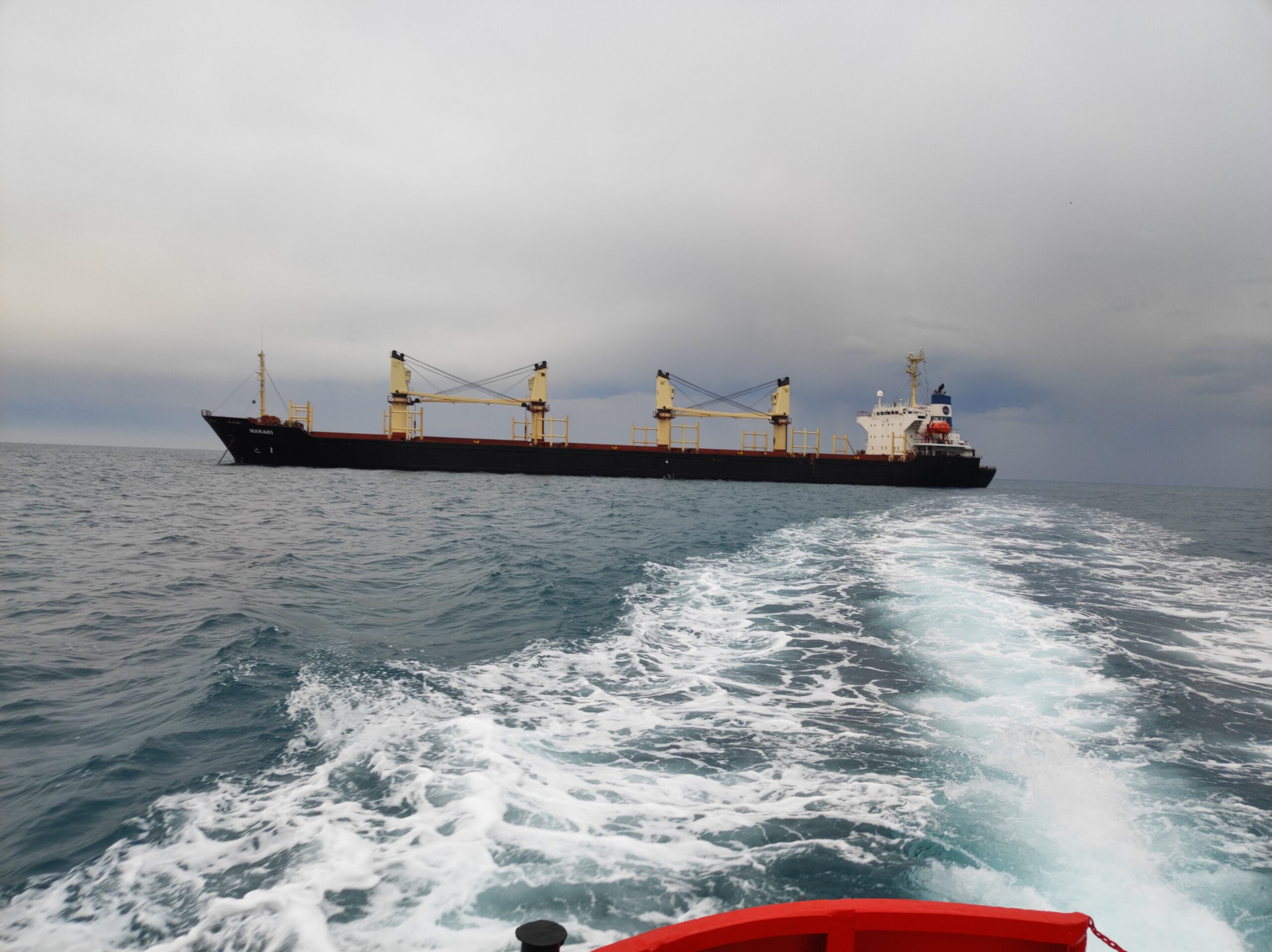FOB vs CIF: Key Differences in International Shipping Terms
Understanding FOB (Free on Board) and CIF (Cost, Insurance, Freight) is critical for managing risk, costs, and logistics in global trade. Here’s a structured comparison to guide your decision-making:
1. Definition & Core Responsibilities
FOB (Free on Board)
- Seller’s Duties:
- Delivers goods to the port of origin.
- Handles export clearance and loading onto the vessel.
- Transfers risk to the buyer once goods are onboard.
- Buyer’s Duties:
- Pays freight, insurance, and costs from origin port onward.
- Manages transit logistics and import clearance.
CIF (Cost, Insurance, Freight)
- Seller’s Duties:
- Covers freight and insurance to the destination port.
- Arranges shipping and minimal marine insurance.
- Buyer’s Duties:
- Takes risk at origin port (once goods are loaded).
- Handles import duties, local transport, and post-arrival costs.
2. Risk Transfer Point
- FOB & CIF: Risk transfers when goods are loaded onto the vessel at the origin port.
- Key Difference:
- In CIF, the seller pays for transit and insurance, but the buyer bears risk during shipping.
3. Cost Allocation
| Aspect | FOB | CIF |
|---|---|---|
| Freight Charges | Buyer pays from origin port. | Seller pays to destination port. |
| Insurance | Buyer arranges post-loading. | Seller provides basic coverage. |
| Customs & Local Fees | Buyer handles all import costs. | Buyer handles all import costs. |
4. Control & Flexibility
FOB Advantages
- Buyer Control: Choose carriers, negotiate rates, and optimize logistics.
- Cost Savings: Potential for lower freight costs with direct carrier contracts.
CIF Advantages
- Simplicity: Seller manages shipping/insurance, reducing buyer workload.
- Predictability: Fixed costs upfront for small businesses/new importers.
5. Insurance Considerations
- FOB: Buyer must secure insurance; offers tailored coverage but requires effort.
- CIF: Seller’s insurance is basic; buyers may need supplemental coverage for full protection.
6. When to Choose FOB vs CIF
Choose FOB If
- You have logistics expertise and want cost control.
- You prefer negotiating directly with carriers.
- Your business prioritizes lower costs over convenience.
Choose CIF If
- You’re new to international trade or lack logistics resources.
- You want fewer responsibilities for shipping arrangements.
- Your shipment volume is small, and convenience outweighs cost.
7. Practical Example
- Scenario: Importing electronics from China to the USA.
- FOB Shanghai: Seller loads goods at Shanghai port; buyer hires a carrier, pays freight, and insures goods to Los Angeles.
- CIF Los Angeles: Seller pays freight/insurance to LA; buyer handles customs and onward transport.
Conclusion
FOB offers control and potential savings for experienced buyers, while CIF simplifies logistics for those prioritizing ease. Align your choice with business size, expertise, and risk tolerance to optimize international shipping efficiency.
Need Help Deciding? Consult our trade experts for tailored advice on Incoterms and shipping strategies.




